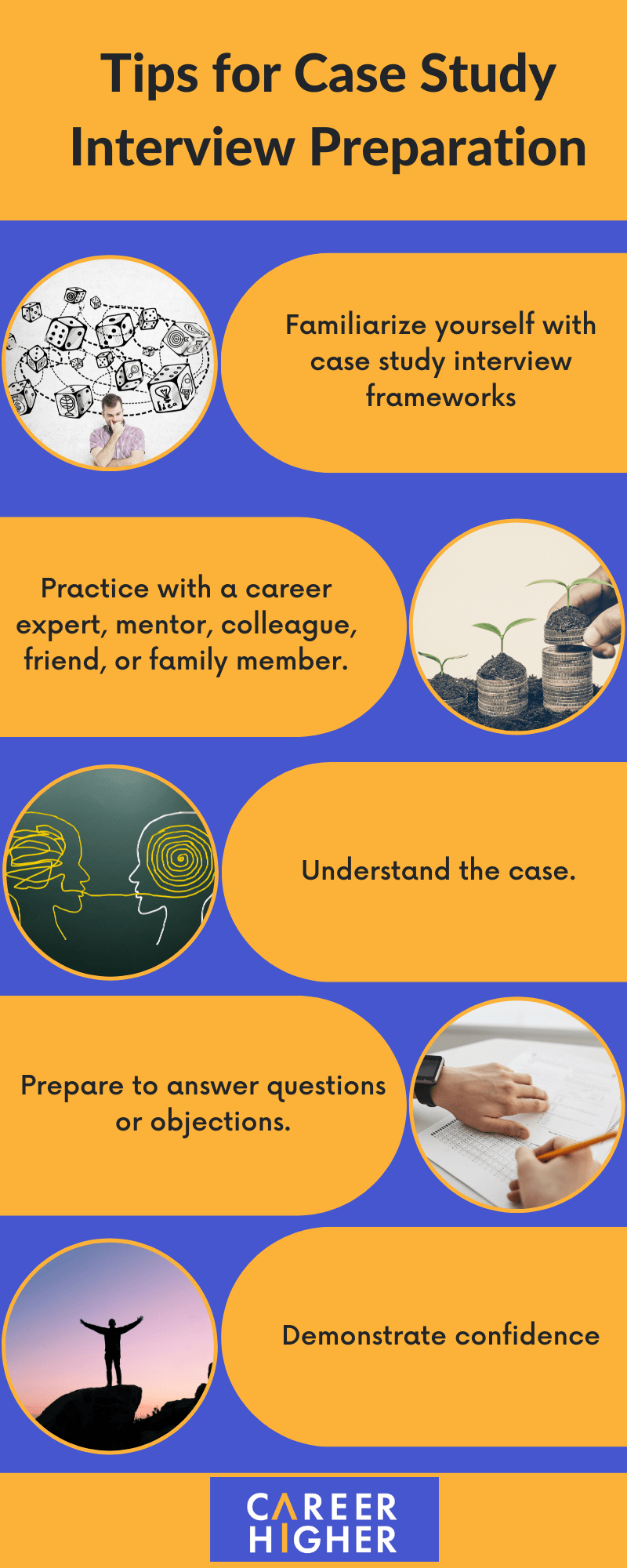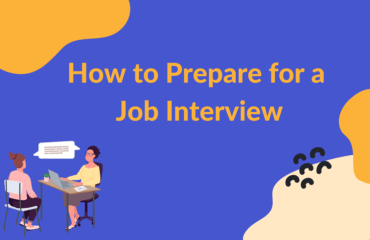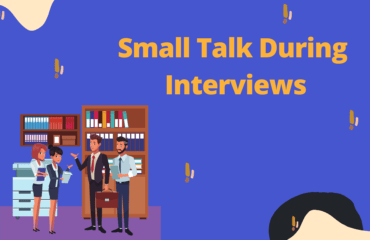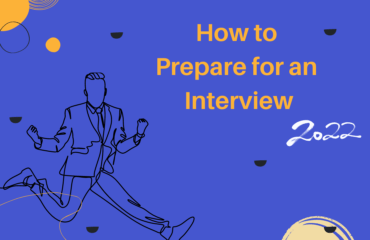Table of Contents
A case study interview is a type of job interview that involves solving a business problem or scenario. The case can either be real-world examples or hypothetical. It is an exercise that necessitates a logical approach to finding the problem and an appropriate solution. While it does not require extensive knowledge of specific industries or processes, having a reasonable grasp of basic business principles and current affairs in the corporate sector will be beneficial.
Initially, a case study interview is more commonly used by management consulting firms. Over time, it has been adopted in various industries and functions, such as research, marketing, and investment banking. McKinsey, Bain, Boston Consulting Group (BCG), the consulting wings of the Big Four, Amazon, and Google are some of the known companies that use case study interviews to find and attract the best talents. Keep reading as we will share some case study interview preparation tips to help you succeed.
Case study interview frameworks and what to expect
Case study interviews are typically performed in a face-to-face or panel interview. It can be presented verbally or in writing. Your task is to explain the assumptions and methods you’re using to solve the business problem or scenario within the time constraint. When it comes to case study interviews, your analytical thought process and logical reasoning for solving the business case are more important than coming up with the correct answer.
There are case interview frameworks you can use as a guide to nail your response. Frameworks are used to break down the problem into key issues that need to be analyzed in order to identify the root cause and formulate an optimum solution. Thus, allowing you to showcase your structured way of thinking during the interview. Below are the common case interview frameworks you can use to structure your own approach to solving the problem at hand.
a) Profitability framework
This is designed to address profit problems in case study interviews. Oftentimes, the case is presented in the format of a client experiencing a failing or negative profit. To use the profitability framework for identifying the root cause and proposing a solution, you need to analyze the situation and mathematically break down the profit into its basic revenue and cost components.
b) Market study framework
This is a framework used when you are given a case that requires you to determine whether a firm should join a certain market or introduce new products in the existing markets. Some of the key elements to consider when formulating an answer include target market, client capabilities, financial viability, and market entry strategy.
c) Merger & Acquisition (M&A) Cases Framework
M&A refers to the consolidation of companies or assets. When you are given a case that would require you to determine whether or not an acquisition would be beneficial for the company, you can use the M&A cases framework to analyze the transaction and develop a hypothesis. Working on M&A cases requires consideration of market and company attractiveness and synergies and potential risks related to the acquisition.
d) 4Ps framework
4Ps stand for product, price, place, and promotion. These need to be thoughtfully considered and wisely executed to effectively promote a product or service. Hence, the 4Ps framework is ideal to use when you’re given a case that requires designing a marketing strategy for launching a new product or differentiating an existing product from the competitors.
e) Porter’s 5 forces
The Porter’s Five Forces framework provides a structured way of evaluating industry and understanding how individual firms fit into the larger competitive landscape. It focuses on five key factors that shape the market such as competitors, potential new entrants, customers’ bargaining power, suppliers’ bargaining power, and existing competitors’ rivalry.
f) SWOT analysis
SWOT is an acronym that stands for Strengths, Weaknesses, Opportunities, and Threats. While uncommonly used in case interviews, it is useful when conducting a quick and easy assessment of a company’s positioning within the industry context.
g) 3 Cs framework
The 3Cs framework is used to formulate a business strategy for a company in various situations, like market entry, new product launch, and acquisition. To accomplish this, there are elements that are taken into account, such as the company, customers, and competitors.
How to prepare for a case study interview?
When it comes to case study interviews, preparation is key to acing your performance. If you know you are applying for roles that conduct this type of interview, we highly suggest starting your preparation early. Having enough preparation time helps ensure you are as ready as possible for the assessment. In addition, it minimizes pressure and prevents unnecessary stress which may impact your performance.
Practice is essential for enhancing your interviewing abilities and preparing you for different business scenarios. Oftentimes, consulting companies offer online resources, work samples, and past case studies of how they’ve helped their clients. We recommend visiting the web page of your target company and major management consulting firms for good tips. Some of the online resources you can use include the following.
- Practice cases from McKinsey
- Practice cases from Bain & Company
- Practice cases from Boston Consulting Group
- Case study sample by Deloitte
- Case study sample by Google
Apart from practicing on your own, we also recommend finding a partner to practice with. Some examples include a career expert, mentor, colleague, friend, or family member. This will provide you an excellent opportunity to receive constructive feedback, examine your responses, discover your strengths, and work on your areas for improvement. As a result, you’ll feel more self-assured and confident during the actual interview.
Tips for doing well in a case study interview
A case study interview question may not have a single right answer. But when you are given a case, interviewers are looking for a clear and well-structured response. Below are some tips to help you perform well in a case study interview.
a) Establish an understanding of the case
The case interview is a two-way street, and the interviewer may provide further details if you ask. If there are any points you do not understand, ask questions to obtain a clear understanding of the case and what is required. After the interviewer has outlined the case specifications, summarize it in your own words for the interview to confirm your understanding.
b) Use a structured framework for answering case questions
Analyze the information provided as necessary. Identify critical issues and think about which information is most relevant to the case. Structure a framework for how you will approach your response to the business scenario or problem. In general, a simple and organized approach works best. Once you have set up the case framework, communicate your thinking and decision-making processes to the interviewer.
Be mindful of the time you have, but don’t rush. Make sure to move through the steps at a pace that enables you to touch on all the elements of the case framework. Take the time to pause as necessary to give your interviewer an opportunity to comment or course correct.
c) Anticipate questions or objections
To succeed during a case study interview, be prepared to answer potential questions an interviewer may raise to clarify your argument. It is important to describe your thought process as transparently and thoroughly as you can. If you have been provided with data or statistics, use that to support your conclusions and recommendations.
d) Showcase confidence
Be prepared to make a stand and a recommendation. Your responses should be communicated well through the use of appropriate body language and tone of voice. Some examples include using open-faced hand gestures, keeping an open body position, maintaining proper eye contact, and projecting your voice clearly. Any signs of uncertainty may impact the decision maker’s perception of you. Hence, showcasing your confidence, decisiveness, and ability to support a conclusion is essential in impressing the interviewer.

A case study interview is an opportunity for you to show off your analytical skills, the flexibility of your thinking, and your ability to perform within time constraints. To nail the case, preparing and familiarizing yourself with the case study interview through practice is imperative. If you need additional support in preparing for an interview, we will be happy to help.











